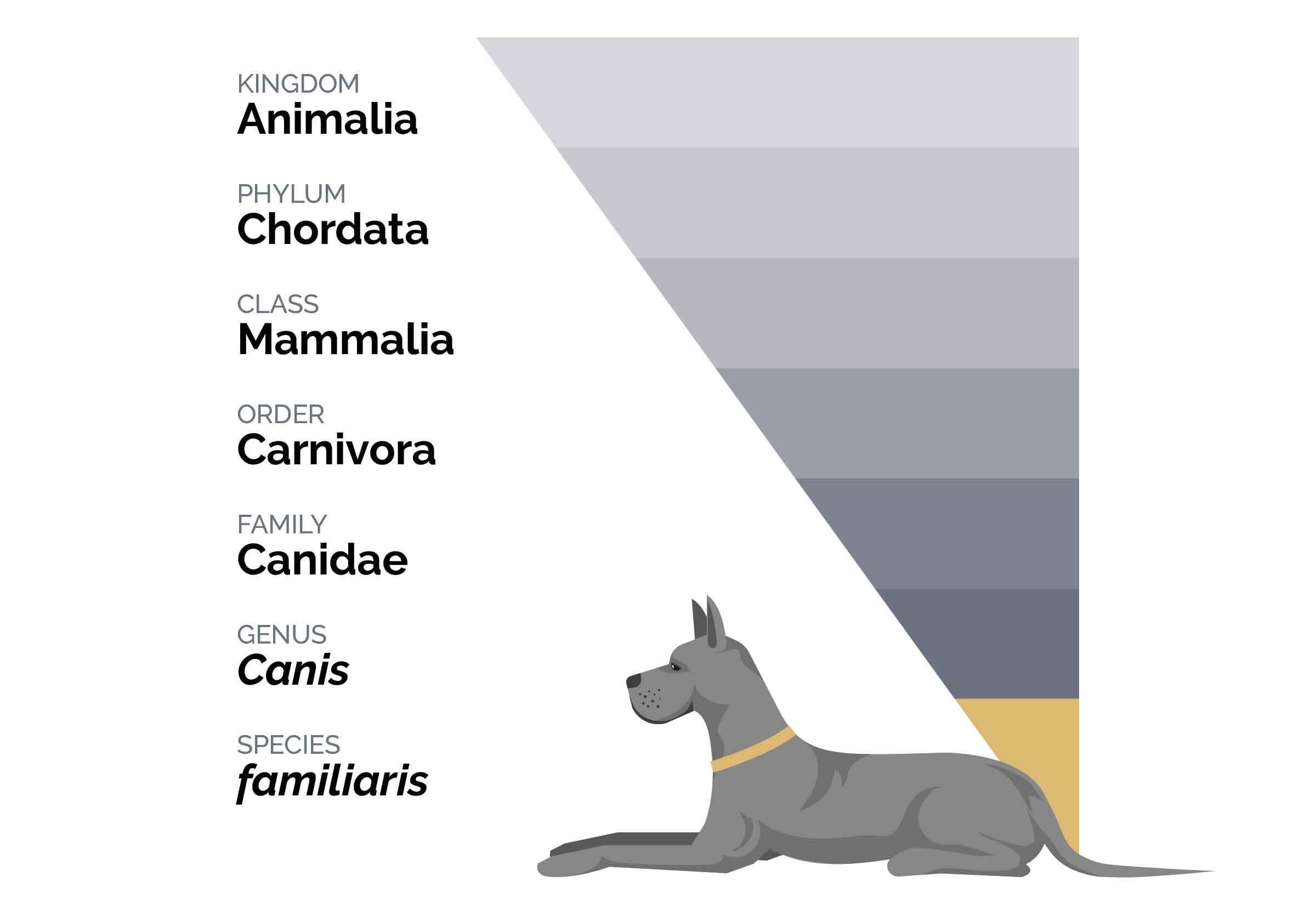Unlock the Secret: Which Supplement Form Actually Delivers Results and Why Most Are Getting It Wrong
Ideally, we want to be getting the majority of our nutrients from a whole-foods-based diet (even the best supplements out there can’t make up for a poor diet!); however, dietary supplements can be useful when compensating for issues such as impaired digestion, nutrient deficiencies, malabsorption etc. and certain life stages (e.g., pregnancy).1
Things to Consider
When choosing a supplement, there are a number of factors to take into consideration, such as:
- Bioavailability
- Nutrient form
- Allergens & additives
- Quality control
- Working with a practitioner
Bioavailability
When it comes to bioavailability, it’s all about absorption! Bioavailability refers to a nutrient’s capacity to be absorbed and used by the body. There are a variety of factors that impact nutrient absorption, such as diet, overall health, digestive issues, stress, medications, and even the form of the nutrient itself (we’ll get to that next!), as well as its delivery system (i.e., the type of supplement).














Post Comment